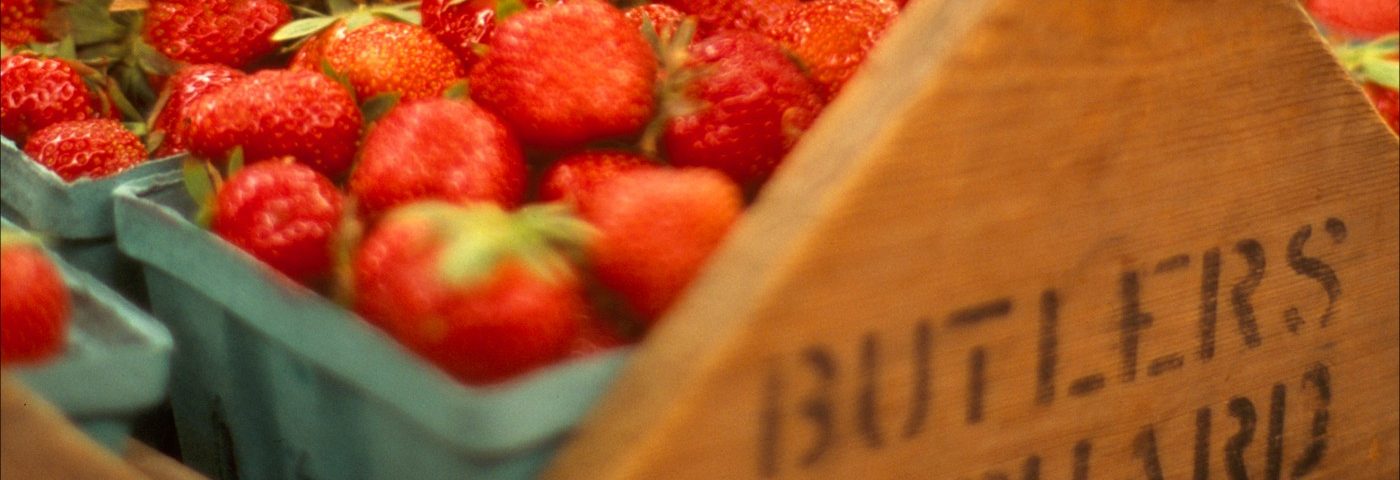Strawberry extract can inhibit the growth and spread of highly aggressive breast cancer, various European studies in mice and lab-grown cells have shown. While the findings suggest that strawberry consumption could prevent breast cancer in humans, researchers say clinical and epidemiological studies are needed to verify this.
The study, “Polyphenol-rich strawberry extract (PRSE) shows in vitro and in vivo biological activity against invasive breast cancer cells,” appeared in Scientific Reports.
Past research has shown that eating 10 to 15 strawberries a day offers antioxidant and anti-inflammatory benefits and reduces cholesterol levels in the blood. Now, European and Latin American researchers have found that strawberries have strong anti-cancer properties against a highly tumorigenic and invasive breast cancer cell line.
“We have shown for the first time that strawberry extract, rich in phenolic compounds, inhibits the proliferation of breast cancer cells in in vitro and in vivo models,” Maurizio Battino, co-author of the paper, said in a press release. Battino is a principal investigator at Italy’s Marche Polytechnic University as well as the European University of the Atlantic in Santander, Spain.
The team treated the cells in culture with different concentrations — between 0.5 and 5 mg/ml — of the Alba variety of strawberry, for periods of 24, 48 and 72 hours. It found that the higher the dose of strawberry extract and the longer the period of incubation, the greater its anti-cancer effects.
Researchers also found that the extract reduced the expression of various genes involved in the metastatic and invasive process. To test the compound’s effects in mice, they fed the rodents either a standard diet or a diet consisting of 15 percent strawberry extract. After one month on this diet, both groups were injected in breast cancer cells.
Scientists monitored the mice twice a week by palpation, and extracted them for analysis after five weeks. After measuring tumor volume and weight, the mice fed a strawberry-rich diet were found to have smaller tumors. The supplement also prevented cancer cells from spreading to adjacent healthy tissue.
While the findings show that strawberries may prevent or treat breast cancer, the results cannot yet be extrapolated to humans, concluded the team, which also involved researchers from Ecuador’s University of the Americas and Mexico’s International Iberoamerican University.
“The majority of diseases, including cancer, are complex, and involve complex interactions between cellular and molecular systems that determine the development of the disease,” said Battino. “These results are without a doubt valid for understanding potential effects of strawberries on breast cancer and the molecular mechanisms involved, but they must be complemented with clinical and epidemiological studies to verify whether humans experience the same positive effects as we have observed in mice.”

